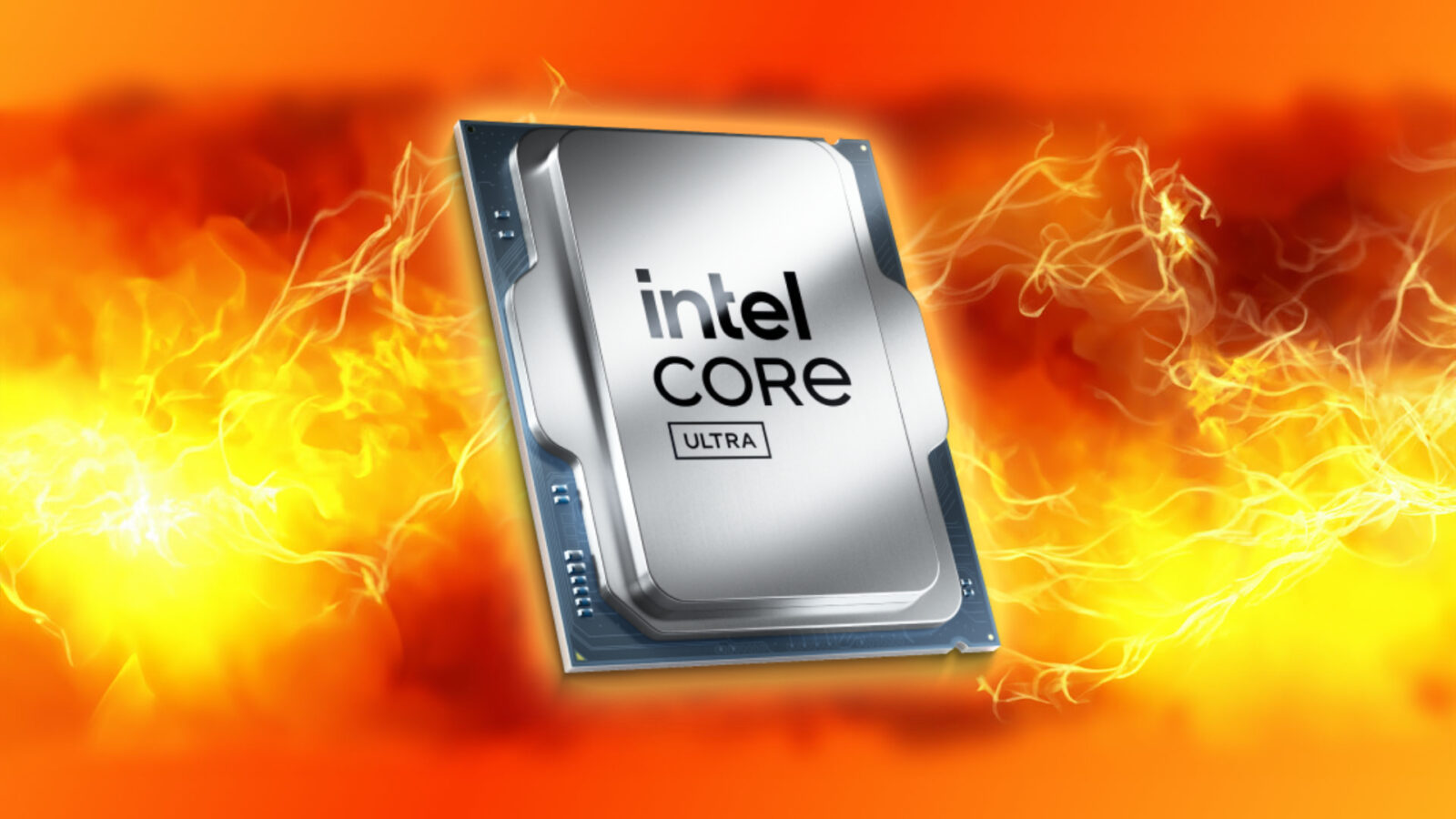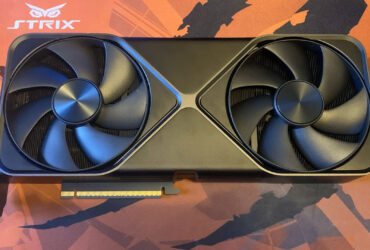It looks as though Intel has finally identified why its latest CPUs aren’t working out for gamers. According to the chip maker, there are five different causes behind the Intel Arrow Lake issues that resulted in lackluster gaming performance, and it claims that four of them have already been solved, with one final fix planned for the new year.
This is good news for Intel on the back of a terrible launch for its new Core Ultra 200 lineup. As our own early Intel Core Ultra 7 265K review showed, this mid-tier Arrow Lake CPU massively underperformed in gaming tests, offering poor competition against the best gaming CPU designs out there, leaving AMD as the undisputed leader once more.
In a blog post on the Intel website, the company shared its findings after several weeks of investigation. According to Intel, there are five “distinct topics” that could impact performance, which it has identified.
The first relates to a missing performance and power management (PPM) package for Arrow Lake CPUs – this controls how the CPU responds when a certain power plan is set on Windows, for instance. This package was missing from Windows for these particular Arrow Lake CPUs during early reviews, but Intel says a recent Windows 11 update (build 26100.2161, or KB5044384) has already resolved it.
Intel also concluded that its Application Performance Optimizer (APO), a feature designed to enhance performance in multi-threaded games and applications, wasn’t functioning properly due to the missing PPM package. The recent Windows 11 build 26100.2161 update addressed this issue, according to Intel.
Another issue was spotted by Intel that showed the Windows Blue Screen of Death (BSOD) error occurring in certain games with Easy Anti-Cheat enabled, but Epic Games has already issued a new update to resolve this problem. Performance settings were also found to have been misapplied in early-review motherboard BIOS versions, which have now been fixed in recent BIOS updates for release models.
This smorgasbord of problems caused a performance drop of between 2% and 30%, depending on the issue, but it sounds as though the chip maker is on the right track now. Intel has also identified further BIOS optimizations that it intends to apply in a new BIOS microcode update in January, which it believes will finally resolve the poor performance once and for all.
The proof will be in the pudding, but a recent Intel Core Ultra 200 update reportedly improved performance by 13%, while a new Cyberpunk 2077 update for Arrow Lake CPUs showed a massive 91% improvement in one of our own tests. These are all positive signs that, despite those early stumbles, Intel could have a gaming CPU lineup here that could end up being competitive after all.
That said, it will take a lot for Intel to knock AMD off its pedestal, with its latest 3D V-Cache CPU easily outperforming these Arrow Lake alternatives. Check out our AMD Ryzen 7 9800X3D review to see just how far Intel has to go to beat the best CPU you can buy right now.
Source link












Leave a Reply